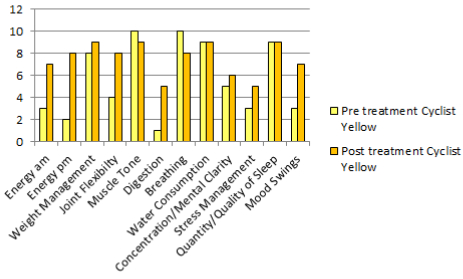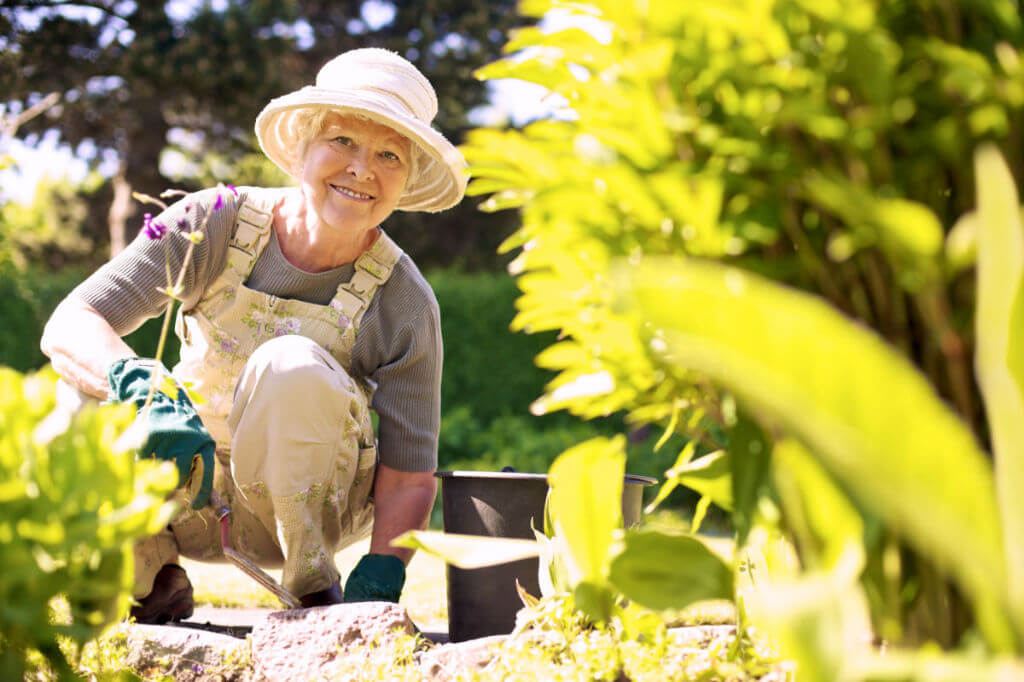Research on the efficacy of the Bowen Technique
Research on the efficacy of the Bowen Technique
The effectiveness of complementary therapies is sometimes denied by sceptics and the pharmaceutical industry. It is something we live with. Undertaking scientific studies to counter their claims is difficult because:
- Conventional scientific trials usually involve tangible products, such as medicines and their physical effect on the body
- Medication is not used in the Bowen Technique, therefore placebos/dummy pills cannot be used to ‘prove’ whether something works or not
- It is impossible to ‘pretend’ to do a hands-on move, in order to measure it against a physical move, without actually doing it – it either occurs or it doesn’t. There is no placebo.
- Any contact may affect the individual, as touch itself may have an effect on any results.
An increasing awareness and understanding of the role of fascia within the body has underpinned our appreciation that the body should be looked at holistically (as a whole). Taken together with a deeper understanding of the link between mental and physical health and the growing body of testimonial evidence from clients, we believe our studies and research findings are helpful:

Qualitative Assessments
Short questionnaires such as the Measure Yourself Medical Outcome Profile (MYMOP), created by Bristol University, are used within some healthcare environments to assess the benefit to individuals of complementary therapies. These qualitative assessments are based on the individuals’ opinions and are used to assess their symptoms, changes in capabilities, (i.e. able to now dress themselves, walk unaided) and sense of wellbeing. Bowen practitioners are able to use the MYMOP questionnaire to enable their clients to assess changes in symptoms and wellbeing following their Bowen sessions. The questionnaire provides a simple way to quantify results of informal studies.

Social Proof
Social proof is an informal awareness of the benefits people experience from non-traditional approaches to improving health and well-being. An example of this is GPs increasingly recommending patients walk more, to get out in nature, to help their depression. Social proof is often the precursor to more structured studies when the subjective evidence suggests the investment of time and money will be of value. Bowen Therapists often conduct informal studies on how the Bowen Technique may help certain conditions. These build evidence of social proof which we aim to use to support more formal studies and research.
Below are pages showing the findings for some of these studies.
Our current studies will be shown on the home page. If you wish to take part, please contact the relevant practitioner or the Bowen Association office.
Articles
Light Touch Therapy Research receives 2021 Nobel Prize
Research into receptors for light touch and for temperature have received the 2021 Nobel Prize for Physiology or Medicine. It is the light touch receptors which Bowen practitioners stimulate in their work. View Article (pdf)
Modern Science Validating Complementary Therapies
A presentation into the science of the human body which complementary therapies tap into, as given by Dr James Oschman, Bowen International Conference, Winchester UK, 2008 – View Article (pdf)
For additional articles and study papers from Bowen instructors around the world, click here.
